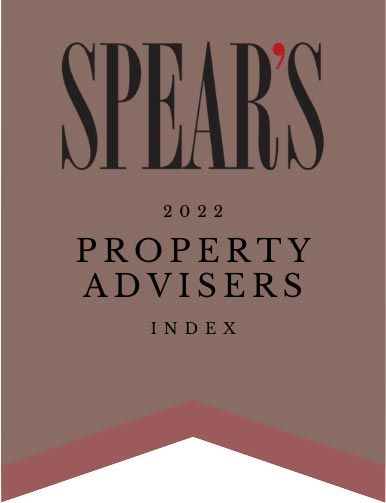It’s safe to say that 2020 has been a challenging year for many, but the property market has performed in a way which nobody could have expected. In the residential market, mortgage approvals are at levels much higher than economists predicted, sparked by pent-up demand and tactics to stimulate activity, such as the UK Government’s Stamp Duty holiday.[i]
In the commercial sector, the situation is starkly different, and lenders are taking a more cautious approach. What we have seen across the board is a reduction in loan to value (LTV) borrowing rates, banks reducing their exposure and, where they have previously supported certain sectors, they are pulling back where they foresee issues arising. Our Head of Commercial Lending, Charles Ayton, cites the hospitality and leisure sector, together with office space, as just two previously healthy commercial sectors which are now being questioned much more closely by lenders.
In the face of ever-changing restrictions and the prospect of further lockdowns, hospitality can’t rely on a steady stream of trade. Additionally, social distancing and curfews have reduced capacity – and therefore turnover – for many businesses in this sector. The renewed directive to work from home means companies are questioning both their current and future requirements when it comes to office space, and therefore lenders are proceeding with extreme caution when looking at these cases.
Charles says it’s leading to a lot of honest conversations between businesses and lenders and more conversations helping clients look at ways in which their businesses could evolve. The outlook is certainly not all negative and businesses are looking at ways to adapt – for instance, demand for logistics, distribution and warehousing is steadily increasing as more and more of us choose to order everything, from clothes and groceries to electronics, online. Therefore, this is an avenue some clients with out of town office space are considering to protect their long-term future.
In other areas – for instance holiday lets – it’s an uncertain time. This summer has seen millions of Brits enjoying staycations; however, regulations such as the ‘rule of six’ will seriously impact those who own larger and more expensive holiday homes, which generally require a large group of people splitting the cost to stay in these premium properties.
If you own a commercial property, you’re looking to refinance or you’re keen to invest, what’s our expert advice? Here are Charles’s top tips:
- If you’re looking to invest in a new commercial property, interrogate that purchase and how you might future-proof it if circumstances change or the pandemic continues. For instance, could space be converted for an alternative, viable use? Could a restaurant become a take-away? A commercial property be converted to residential? The businesses which show willingness to innovate and adapt will be those much more likely to secure funding.
- Be aware that banks are generally only lending against the bricks and mortar value of a property – so, if you are buying a business, they may not consider the value of the business itself. This may severely restrict the amount you can borrow, so be prepared for that reality.
- Look at the growth industries. Retail has been particularly affected by COVID-19, but it was already in decline before the pandemic. Consider how behaviour is changing and how your commercial enterprise can best gain from the changes to create a long-term future.
- If you’re coming to the end of your commercial finance deal, start a conversation with your existing lender first before looking elsewhere, especially if you have a strong record with them. Even if lenders have decided to pull back their support for your sector, they’re much more likely to offer you continued funding if you can demonstrate a business case and a record of regular payments.
- Consider your track record; if you took a mortgage payment holiday or benefitted from one of the Government loan initiatives, your lender may take that as a sign that your business has been struggling, and this could mean they are less likely to approve your funding. Across the board, lenders are taking a much more forensic approach to all applications.
- Think long-term. It can be tempting to consider something like a bridging loan to get you through a rocky period; however, no-one knows how long this period of uncertainty is going to last. If you’re considering a short-term financing deal, the first thing to consider is how you are going to pay the funds back. If you’re not clear on your exit plan, you should not be proceeding with this type of lending.
- Although the outlook is challenging at the moment, it’s certainly not all doom and gloom and there will be a lot of opportunities in the future. Lenders still have funds available and their products are changing all the time to support businesses where they feel confident in the proposition. Furthermore, the Government will consider how to best help the business environment adapt, such as relaxing restrictions surrounding property usage in towns and cities or perhaps funding packages for certain sectors. Although the economy is undoubtedly in for a rough ride and there will be casualties, there will also be a plethora of opportunities for many.
If you have any questions about your existing or future commercial financing, don’t hesitate to get in touch with our team.
[i] https://uk.reuters.com/article/uk-health-coronavirus-britain-boe/uk-mortgage-approvals-jump-as-housing-market-bounces-back-idUKKBN25S4CM




















